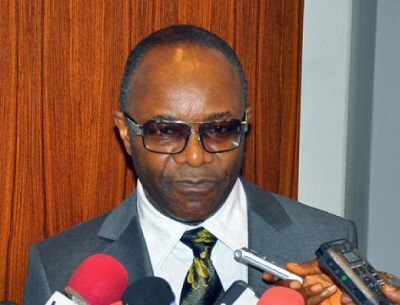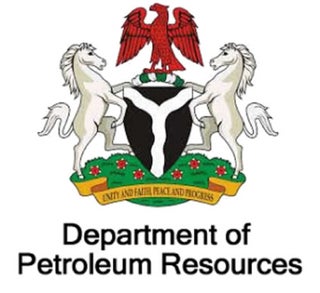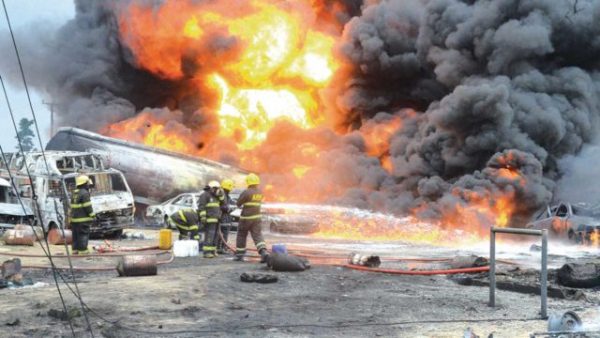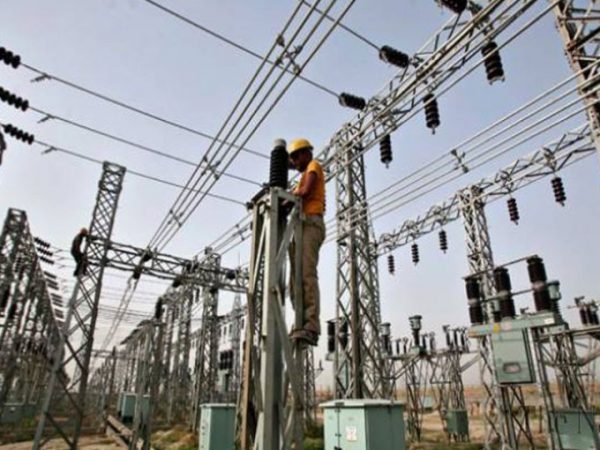Harmonised PIGB to Impose 5% Fuel Levy on Consumers
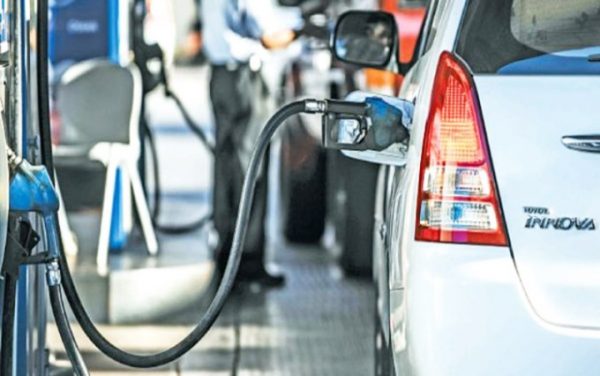 The Senate Wednesday passed the harmonised version of the Petroleum Industry Governance Bill (PIGB), which includes a five per cent fuel levy on consumers.
The Senate Wednesday passed the harmonised version of the Petroleum Industry Governance Bill (PIGB), which includes a five per cent fuel levy on consumers.
The monies accrued from the levy would be deployed towards funding of the Petroleum Equalisation Fund (PEF), which would also be funded from subventions, fees and other charges levied on oil marketing companies.
This followed the adoption of the conference report of the National Assembly Joint Committee on Petroleum (Downstream) on the PIGB, which seeks to provide for the governance and institutional framework for the petroleum industry.
Section 36(1)(a) of the bill provides that “there shall be established the Petroleum Equalisation Fund, into which shall be paid all monies payable to the Equalisation Fund, by way of a 5 per cent fuel levy in respect of all fuel sold, and distributed within the federation which shall be charged subject to the approval of the Minister (of Petroleum)”.
The Chairman of the Senate Committee on Petroleum Downstream, Senator Tayo Alasoadura, presenting the report, said the discrepancies in the version passed by the House of Representatives had been harmonised.
“The Equalisation Fund shall collect all revenues and levies charged; determine the net surplus revenue recoverable from any oil marketing company and accruing to that company from the sale by it of petroleum products at such uniform prices as may be fixed by the minister; and determine the amount of reimbursement due to any oil marketing company for purposes of equalisation of price of products among others,” the report said.
The PIGB is one of four components of the omnibus Petroleum Industry Bill (PIB), which was unbundled by the current National Assembly for ease of passage.
Other aspects of the PIB are those pertaining to Upstream Petroleum Licence and Lease Administration, Downstream Oil and Gas Administration, Petroleum Fiscals and Petroleum Revenue Management, which includes the Petroleum Host Community Fund.
The PIGB, which has been passed by the National Assembly, is seeking to split the assets and liabilities of the Nigerian National Petroleum Corporation (NNPC) into two new commercial entities: Nigeria Petroleum Assets Management Company and the National Petroleum Company.
It is also proposing to consolidate the existing Department of Petroleum Resources (DPR), Petroleum Products Price Regulatory Agency (PPPRA) and Petroleum Equalisation Fund (PEF) into one-stop-shop agency: the Nigerian Petroleum Regulatory Commission.
The commission will be responsible for the promotion of efficient, safe, effective and sustainable infrastructure development of the industry, and ensure compliance with all applicable laws and regulations governing the industry.
This is in addition to its responsibility to determining and ensuring the implementation and maintenance of technical standards, codes and specifications applicable to the industry in line with global best practices.
The regulatory commission will be funded through the retention of 10 per cent of the revenue it generates for the government of the federation.
Its expenditure will however be subject to appropriation by the National Assembly.
The President of the Senate, Dr. Bukola Saraki, in his remarks Wednesday, expressed optimism that the PIGB would soon be signed into law by President Muhammadu Buhari.
“We have shown investors that this National Assembly is very responsible in areas that have to do with the laws that govern our petroleum sector,” he said.



